Ranked! The (surprising) 20 best Premier League clean sheet machines
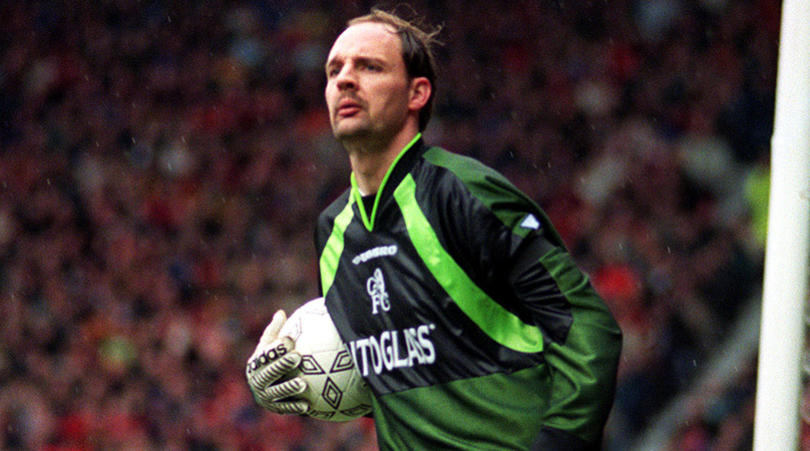
Jeepers Keepers
Ever wondered where your club’s goalkeepers rank among the Premier League greats and not-so-greats by their clean sheet ratio? No? Look, just work with us here.
We’ve worked them out for every netminder in the top flight since 1992. Keepers must have played a minimum of 50 games to make it onto the list, which filters out the part-timers and one-season wonders, leaving us with 106 players to rank.
The list contains surprises, with Fraser Forster and Joel Robles just outside the top 20, while first-choice England keeper Jordan Pickford is ranked 98th. In last place is Kelvin Davis, who averaged a shutout every nine games for Sunderland and Southampton…
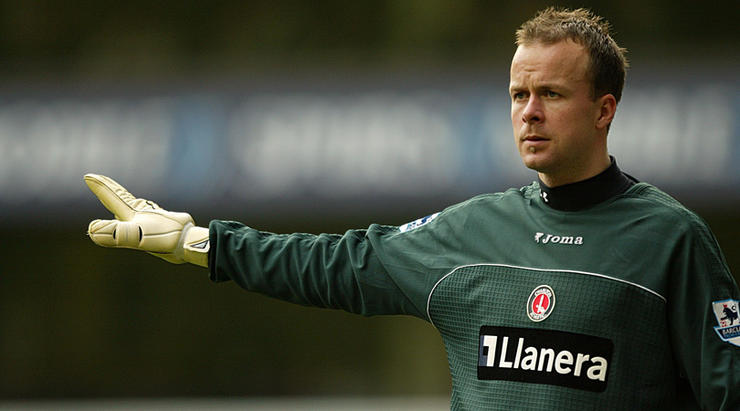
20. Thomas Myhre (35.48%)
Appearances: 93 • Clean sheets: 33
FourFourTwo learned to spell Papastathopoulos and Blaszczykowski quickly enough, but this man always caused problems. Myrhe? Mhyre? No, Myhre. Damn it.
He signed for Everton in November 1997, replacing 39-year-old Neville Southall, and didn’t concede in his first three appearances – just as well, given that his team-mates scored only once in that time.
He did well for a season-and-a-half, becoming Norway’s No.1, before injury and bad form sent him into a loan vortex. He did, though, make an unexpected return to the top flight with Charlton in 2006, and played nearly 10 consecutive hours of league football at The Valley without conceding.
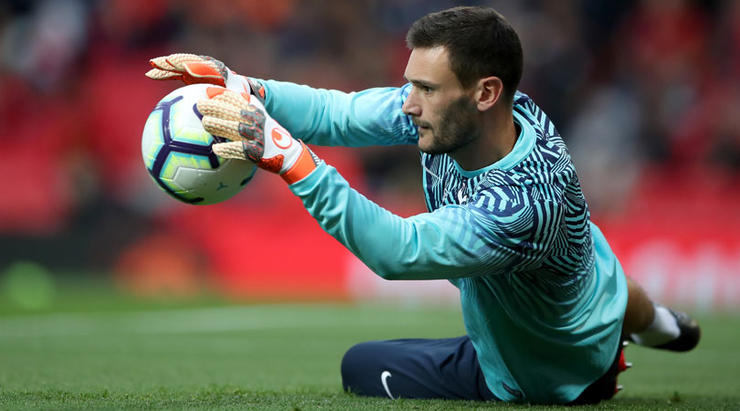
19. Hugo Lloris (35.89%)
Appearances: 209 • Clean sheets: 75
The France captain’s injury last time out had disastrous consequences: Tottenham were beaten by Watford, and Lloris missed his chance to move up to 18th in our clean-sheet rankings. Gutting.
Figuratively and literally, Lloris has been behind an improved Spurs backline in recent seasons. London life started slowly, as Andre Villas-Boas made him wait to end Brad Friedel’s incredible record of 310 consecutive Premier League appearances, but since then the keeper has been a central figure and now skippers the side.
It’s so easy to forget that less than two months ago he made the biggest goalkeeping blunder in the history of World Cup finals.
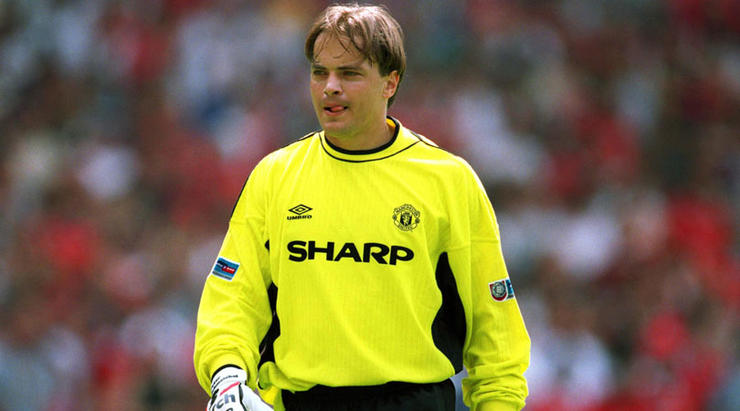
18. Mark Bosnich (35.92%)
Appearances: 206 • Clean sheets: 74
Bosnich deserves criticism for his actions at White Hart Lane and subsequent attempts to play them down, but his inclusion in our list does suggest there was nothing wrong with his goalkeeping.
It’s perhaps a surprise to see him here, though. The Australian had his moments at Aston Villa but wouldn’t be described as calm, and he would surely be in the discussion of Manchester United’s worst No.1 keepers over the past few decades (it’s incredible to think they won the title by 18 points in 1999/2000 when goalkeeping duties were shared by Bosnich, Massimo Taibi, Raimond van der Gouw and, for 80 seconds, Nick Culkin).
Fergie, who signed Bosnich twice, even called him “a terrible professional”. Still, numbers don’t lie.
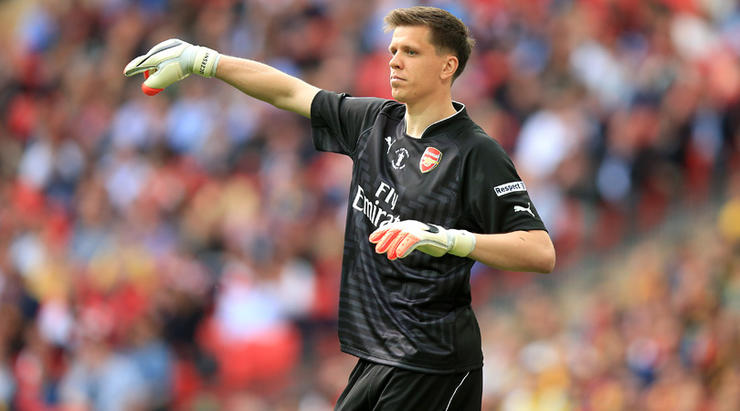
17. Wojciech Szczesny (36.36%)
Appearances: 132 • Clean sheets: 48
Szczesny started early and is still only 28. He had made just three league appearances for Arsenal when Arsene Wenger declared in January 2011 that the Pole was the Gunners' first-choice goalkeeper. A week later, they conceded four goals in 20 minutes against Newcastle, although none could really be blamed on the youngster.
Wenger got stick for standing by Szczesny, but the Pole’s performances were better than many made out, and in 2013/14 he shared the Golden Glove with Petr Cech.
Costly errors were the issue and a calamitous outing against Southampton on New Year’s Day 2015 proved to be his final Premier League game. However, he’s gone on to shine at Roma and has now replaced the great Gigi Buffon for Juventus.
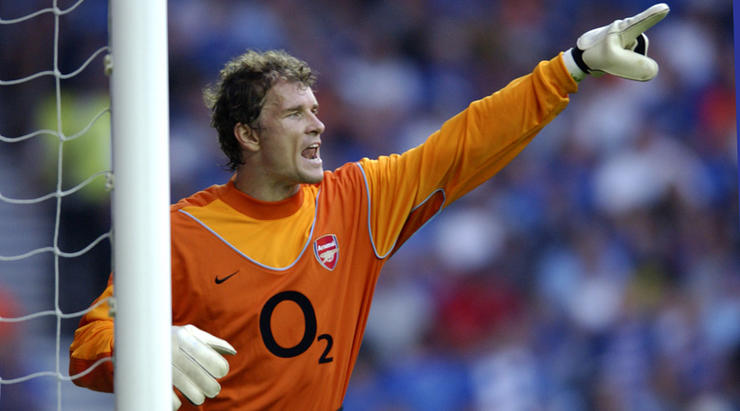
16. Jens Lehmann (36.49%)
Appearances: 148 • Clean sheets: 54
How do you improve on a debut season where you play every match of an unbeaten league run and keep the joint-highest number of clean sheets?
In truth, Lehmann did falter after the 2003/04 Invincibles campaign and his erratic moments became more regular, culminating in a kamikaze charge and foul on Samuel Eto’o in the 2006 Champions League Final which earned him an early red card.
However, he set a new Champions League record for consecutive clean sheets (10) and conceded just 125 goals in 148 league games. Letting in just 0.84 goals per game is the second-best rate of anyone in this list, and Lehmann conceded a miserly 1.3 goals per game when he failed to keep a clean sheet.
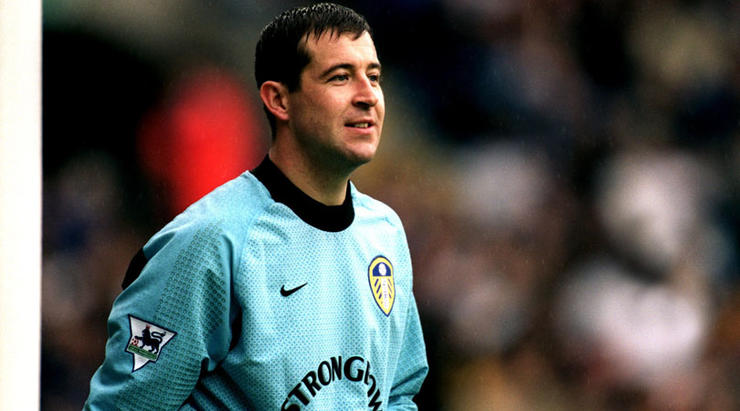
15. Nigel Martyn (36.83%)
Appearances: 372 • Clean sheets: 137
You would need a cold heart to not have some sympathy for Martyn, who was a top goalkeeper for 15 years but failed to pick up any winners’ medals and earned just 22 England caps.
Martyn regularly impressed for Crystal Palace, Leeds and Everton. In 1996/97 he would’ve won the Premier League Golden Glove, had it existed then, despite Leeds finishing in the bottom half; his 19 clean sheets were five more than his closest rival.
It speaks volumes that he commanded two record transfer fees for a goalkeeper and then, having arrived as a 37-year-old backup, forced his way into the Toffees team. David Moyes called Martyn his “greatest ever signing”, and this guy bought Marouane Fellaini. Twice.
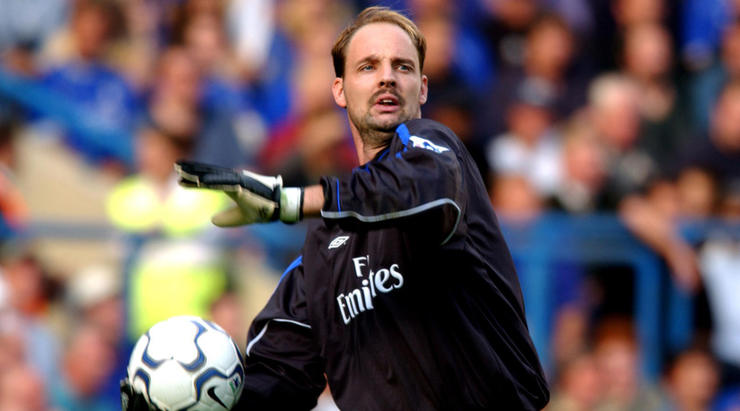
14. Ed de Goey (37.40%)
Appearances: 123 • Clean sheets: 46
De Goey boasted the most clean sheets in 1999/2000 when, admittedly, there was something of a shortage of top goalkeepers in the Premier League.
He made a club-record 59 competitive appearances for Chelsea that season, only to be dropped when Claudio Ranieri opted for compatriot Carlo Cudicini instead.
The Dutchman deserves more credit than we’re giving him, though. He offered the Blues consistency between the sticks, and averaging less than a goal conceded per game was impressive in the pre-Abramovich era.
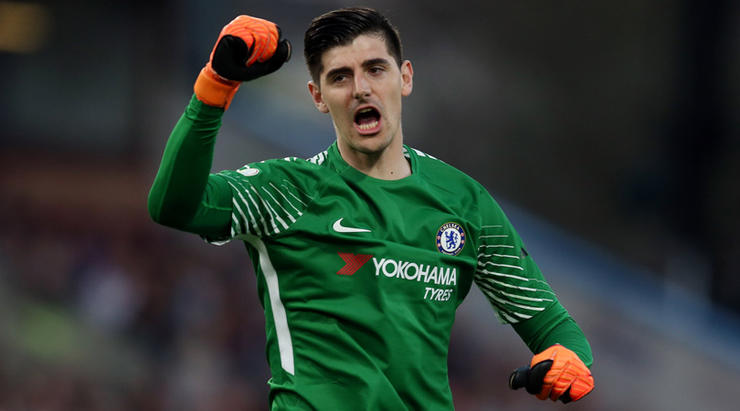
13. Thibaut Courtois (38.10%)
Appearances: 126 • Clean sheets: 48
Before going AWOL at Chelsea to secure a move to Real Madrid, which shouldn’t have been a big shock to the Stamford Bridge faithful considering he’d joined Chelsea by going AWOL at Genk, Courtois spent four years as one of the highest-rated keepers in the Premier League - arguably the best.
He was commanding in the air and the 6ft 6in Belgium international’s extensive reach allowed him to pull off some spectacular stops.
But in contrast to David de Gea, for example, Courtois isn’t one to shoulder the burden when defenders aren’t at it. For three of his four years with the Blues, Courtois’ clean-sheet ratio topped 40%. In the disaster of 2015/16, it was just 22%.
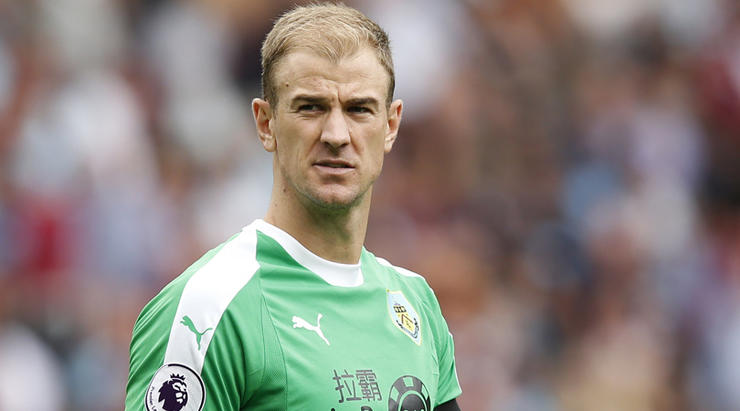
12. Joe Hart (38.15%)
Appearances: 325 • Clean sheets: 124
The 31-year-old is in a respectable 12th position but sliding all the time. If we struck his form after 2016 from the record, Hart’s previous ratio of clean sheets to games would put him at number nine in this list.
Get out, Joe, before you find yourself rubbing shoulders with Brad Guzan and Russell Hoult in here.
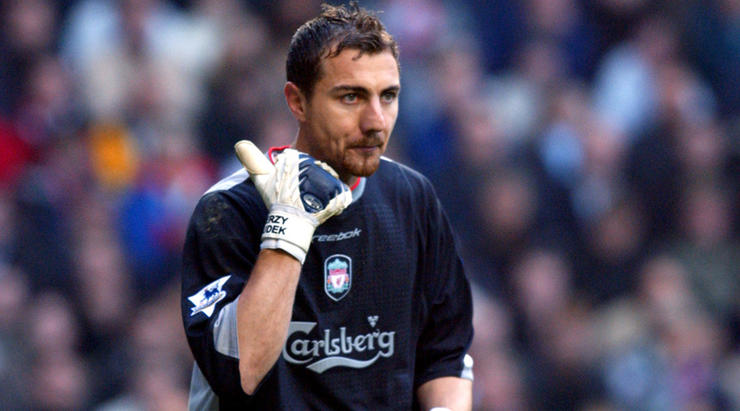
11. Jerzy Dudek (38.58%)
Appearances: 127 • Clean sheets: 49
Dudek’s epic performance in the 2005 Champions League Final made the decision to immediately replace him with Pepe Reina seem harsh, but it’s hard to argue that the Spaniard didn’t provide an increase in quality.
The Pole had lost his No.1 spot to Chris Kirkland for parts of the 2004/05 campaign and his position had been called into question as early as 2002, the year after he arrived at Anfield.
That said, Dudek gave Liverpool more than one memorable night in Istanbul. He regularly kept clean sheets and earned several UEFA Goalkeeper of the Year nominations. We’ll draw a veil over 'Du The Dudek'.
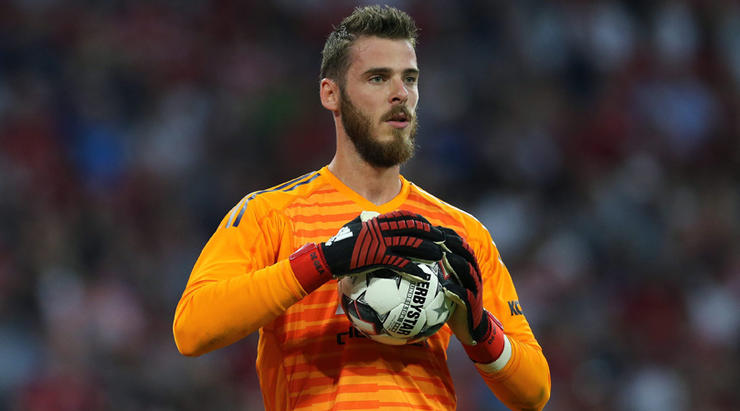
10. David de Gea (39.00%)
Appearances: 241 • Clean sheets: 94
De Gea is set to climb even further up these rankings in the coming years, having been a victim of circumstance at Manchester United.
The Spaniard wasn’t an automatic pick during his first year-and-a-half at Old Trafford, being only 20 when he arrived; then he had to suffer David Moyes and a deterioration in the quality of the defenders in front of him.
Last season showed why De Gea is arguably the world’s best goalkeeper at the moment, as well as how invaluable he is to the Red Devils: xG statistics suggest his exceptional performances between the sticks earned Jose Mourinho’s side as many as 19 extra points.
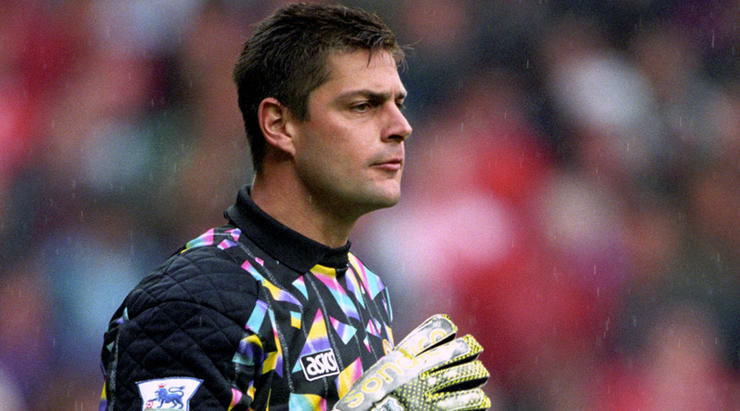
9. Bobby Mimms (39.34%)
Appearances: 61 • Clean sheets: 24
‘Who?’ We hear you ask. Mimms was Blackburn Rovers’ No.1 and record signing as they were promoted and established themselves in the Premier League, before they splashed out on Tim Flowers in November 1993.
He kept 19 clean sheets in the 1992/93 season, more than any other goalkeeper. So now you know.
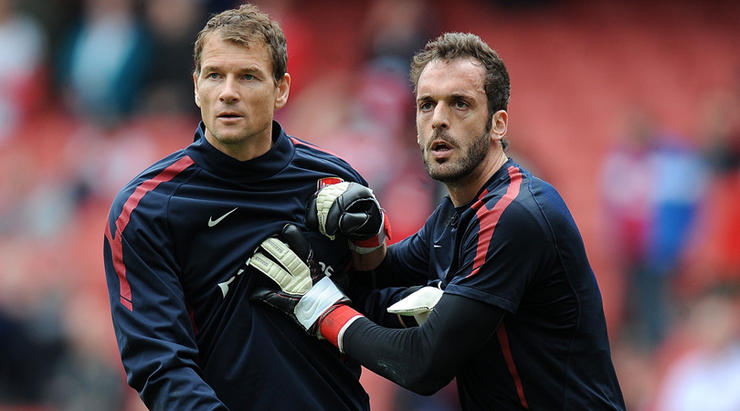
8. Manuel Almunia (39.45%)
Appearances: 109 • Clean sheets: 43
To be honest, 109 league games in eight years at Arsenal doesn’t shout ‘elite’, but the Spaniard held down a spot at a top-four club for three seasons.
We can also thank Almunia for giving us the sight of an angry Jens Lehmann. The German suggested that Arsene Wenger “shouldn’t humiliate players for too long”, adding that Almunia “has not yet showed he can win matches for us”.
After six months, the keeper responded: “To have someone here who hates me is just amazing. I’ve had to put up with it every day since he was out of the team, and even before then. I don’t care about him anymore. In training I work with Lukasz Fabianski and Vito Mannone. They are better goalkeepers than him anyway.”
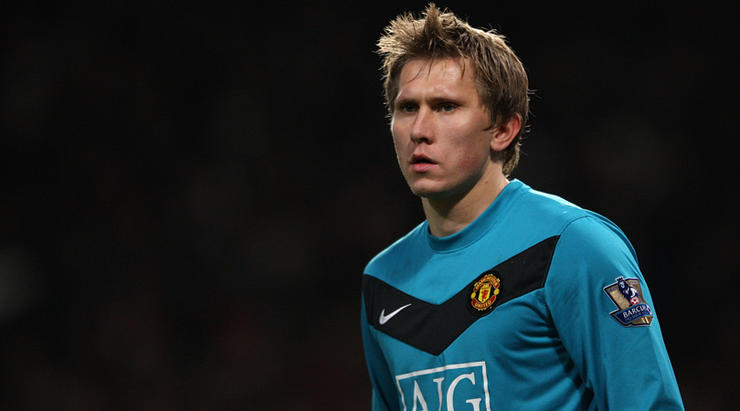
7. Tomasz Kuszczak (39.68%)
Appearances: 63 • Clean sheets: 25
Another surprise, Kuszczak benefits from having played in an excellent team (Manchester United, not West Brom) – not very regularly, but often enough to squeeze past out 50 game cut-off.
Kuszczak, one of five Poles in our 106-man longlist, kept nine clean sheets in 28 games even as the Baggies went down, then averaged six appearances and three shutouts per season as a quality reserve option at Old Trafford.
If his inclusion feels underwhelming, remember that Kuszczak and Peter Schmeichel were the only players to have two of their efforts nominated for Best Save in the Premier League’s 20th anniversary awards.
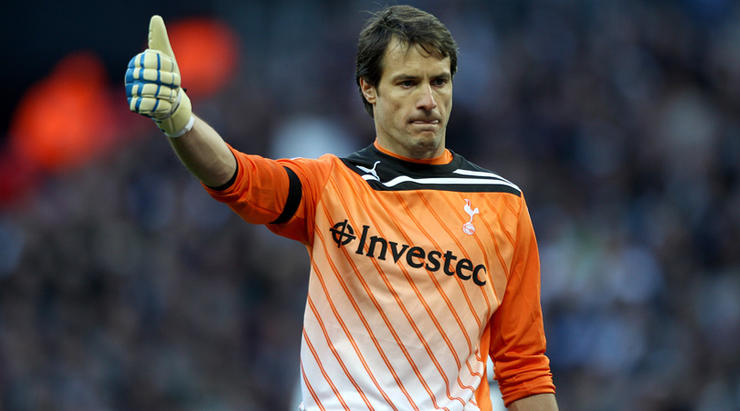
6. Carlo Cudicini (39.75%)
Appearances: 161 • Clean sheets: 64
The Italian should be remembered for an impressive four seasons for the Chelsea first team, not for the eight years as a dependable backup that followed with the Blues and Tottenham.
Given Cudicini was already 26 when he arrived at Stamford Brdige from Serie B outfit Castel di Sangro for around £200,000, it could be argued that no goalkeeper has exceeded expectations to the same extent that he did.
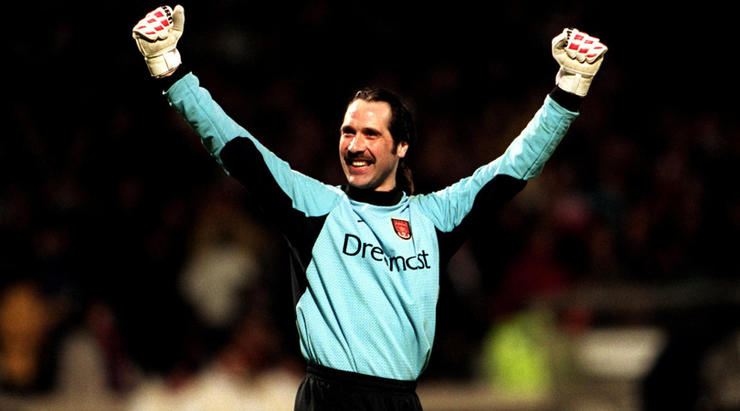
5. David Seaman (40.70%)
Appearances: 344 • Clean sheets: 140
The Gunners backline often seemed unbreachable under George Graham, and Seaman’s influence was as much psychological as technical.
He had a penchant for a dramatic stop for the cameras, however, and it’s no surprise to see him breaking into the top five here.
Seaman also has the third-best rate of goals conceded per game, with Jens Lehmann beating him to second place on the third decimal point. We can imagine Lehmann ringing Seaman on a regular basis to remind him.
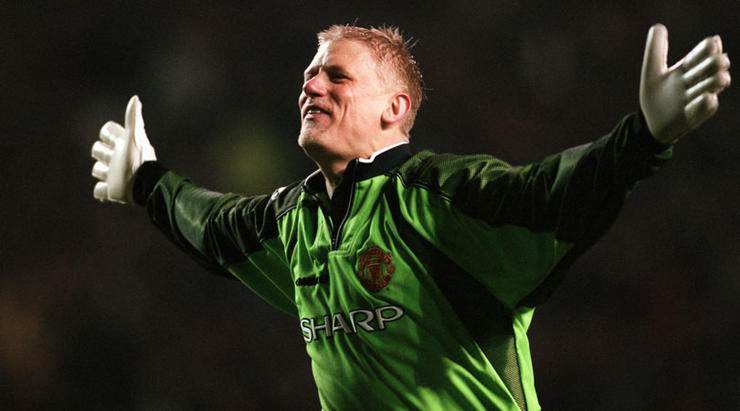
4. Peter Schmeichel (41.29%)
Appearances: 310 • Clean sheets: 128
Here’s an illustrative fact. In 1994/95, injury forced Schmeichel to miss 10 league games for United, meaning that his incredible 21 clean sheets that season, a haul bettered just once in 23 years since, came in just 32 matches.
But Blackburn won the title that season, even though United conceded just 28 goals. So, with 13 of those goals coming in 10 Schmeichel-less games, the Dane conceded 15 goals in 32 matches and didn’t win the title.
Thankfully, he did win it on five other occasions, and he makes the top four here despite enduring less celebrated campaigns with Aston Villa and Manchester City in his later years. If you’re wondering, Kasper is 32nd in our rankings, between Michel Vorm and Mart Poom.
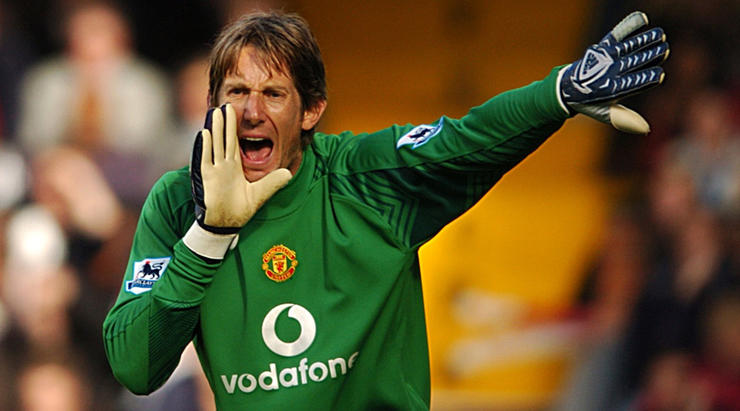
3. Edwin van der Sar (42.17%)
Appearances: 313 • Clean sheets: 132
It might seem a surprise that the Dutchman has such a high percentage of clean sheets in his decade in the Premier League, considering four of those years were spent at Fulham finishing 13th, 14th, 9th and 13th.
Alex Ferguson is no fool, however, and he knew Van der Sar could do a job even at the age of 34 (although even the Scot probably didn’t expect to get six campaigns out of him).
In addition to keeping a world-record 14 consecutive clean sheets for United, Van der Sar barely declined at all as he neared 40, and eventually retired on a Champions League final. He cost the Red Devils £2m.
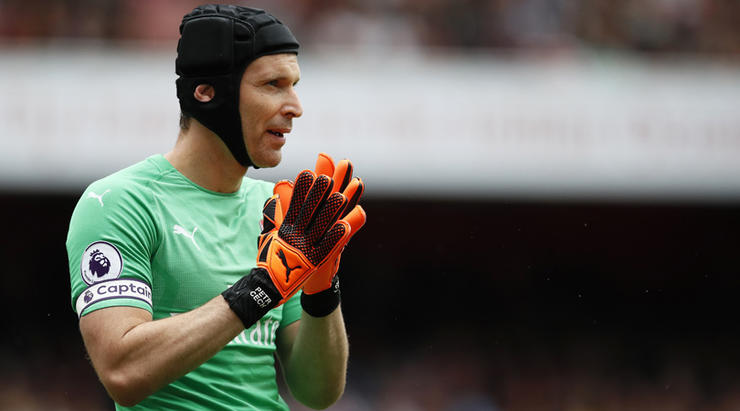
2. Petr Cech (45.68%)
Appearances: 440 • Clean sheets: 201
There’s a bigger distance in ratio between Cech in 2nd and Van der Sar in 3rd than there is between 3rd and 10th – despite the Czech’s score falling since leaving Chelsea.
At Arsenal his record stands at just 36.45%, while at Stamford Bridge he incredibly averaged a clean sheet in every second match: 333 appearances, 166 shutouts.
Maintaining that record over a decade at a club is a superb achievement, but it’s no coincidence his arrival coincided with Jose Mourinho’s. The Blues let in just 13 goals in 35 league games before mathematically sealing the title. No wonder he remains top of the charts for fewest goals conceded per top-flight game (0.83).
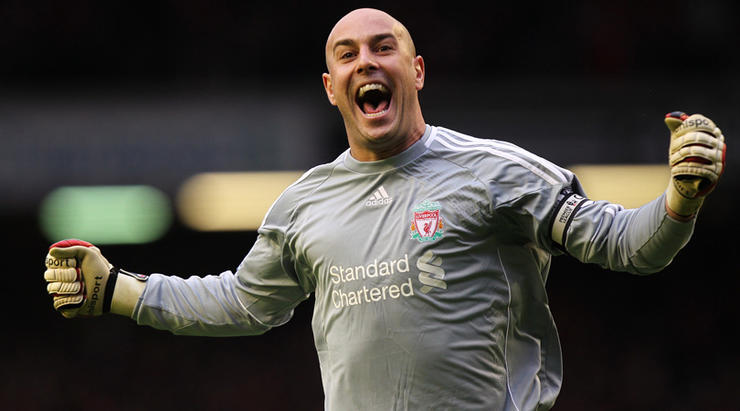
1. Pepe Reina (47.02%)
Appearances: 285 • Clean sheets: 134
It feels ludicrous that the man who tops this list – and by a handsome margin – never won the Premier League title, especially given that the rest of the top five picked up a combined 16 winners’ medals.
Reina’s clean sheet rate of 47% is exceptional, considering Liverpool’s average finishing place over his eight years there was fifth. He won the Golden Glove for three consecutive years, but still was never picked in the PFA Team of the Year.
His place at the top of these rankings indicates his brilliant consistency and consistent brilliance in England. He didn’t miss a single minute of Premier League action between the start of the 2007/08 season and April 2012, when suspension ended his run of 183 consecutive matches in the competition.
Huw was on the FourFourTwo staff from 2009 to 2015, ultimately as the magazine's Managing Editor, before becoming a freelancer and moving to Wales. As a writer, editor and tragic statto, he still contributes regularly to FFT in print and online, though as a match-going #WalesAway fan, he left a small chunk of his brain on one of many bus journeys across France in 2016.
